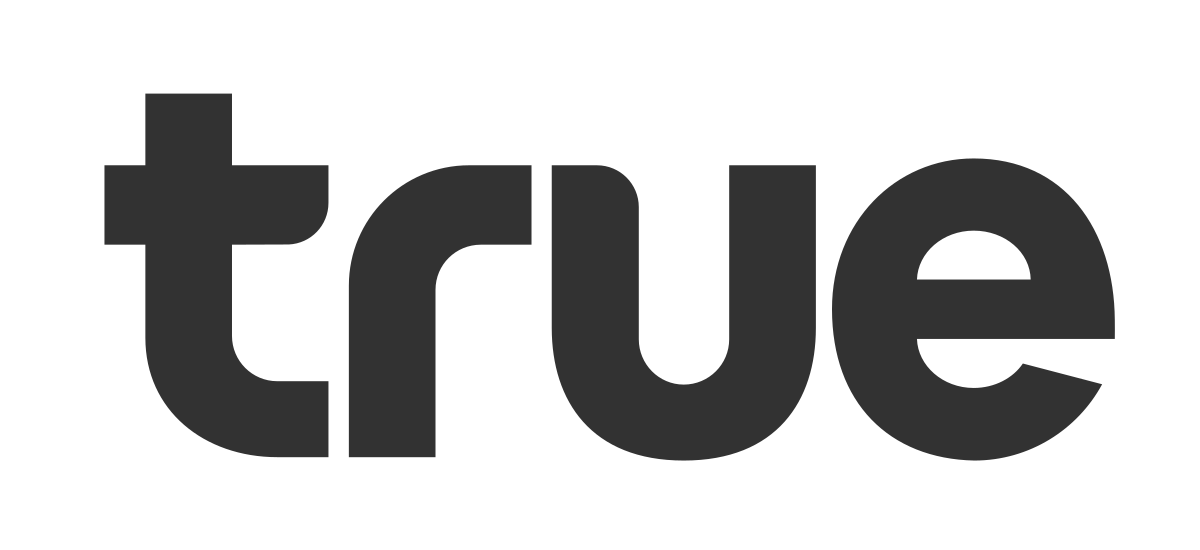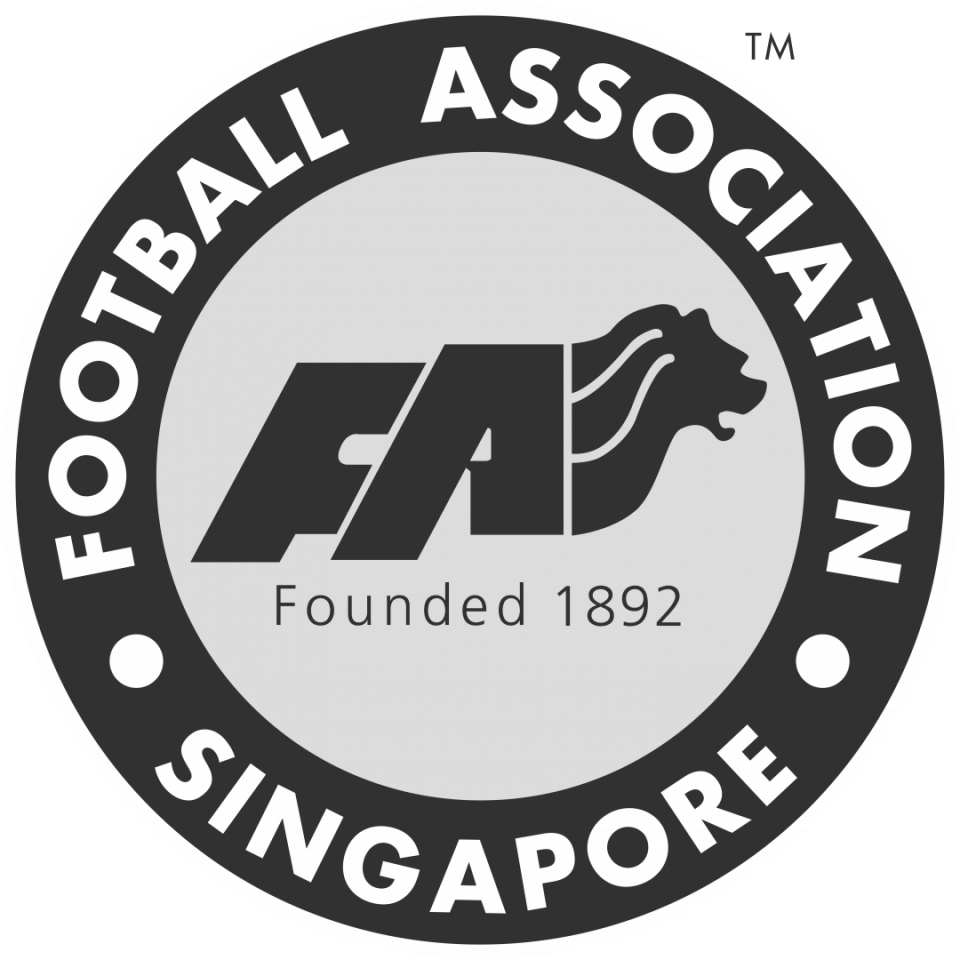How to become a certified fitness trainer in Singapore?
To become a certified personal trainer in Singapore, you can pursue courses from reputable organizations such as ACE, NASM, or ACSM. These courses will provide you with the necessary knowledge and skills to start your career in fitness training. Upon completion, you can take a certification exam to obtain your credentials and begin working as a fitness trainer. It's also recommended to gain hands-on experience and continue learning to stay up-to-date with the latest fitness trends and techniques.
How to get a fitness certification?
To get a fitness certification, you need to find a reputable certification program, choose a specialization, and fulfill the prerequisites, which may include completing a course, passing an exam, and obtaining CPR/AED certification. Some of the top fitness certification programs include NASM, ACE, and ACSM, and they offer a range of specializations such as personal training, group fitness, and health coaching. It's important to research and compare the different programs and choose one that fits your goals and interests.
How long is a personal trainer course?
The length of a personal trainer course varies, but it typically takes between 4-12 weeks to complete. The duration can also depend on the level of certification
How much does personal trainer or fitness instructor make?
Personal trainers or Fitness Instructors in Singapore typically earn an average salary of SGD 40,000 to SGD 60,000 per year, with the potential to earn more with experience and specialization. The salary may vary based on factors such as location, gym or fitness center, experience, and additional certifications or specializations.
How much does it cost to get certified as a personal trainer or fitness instructor in Singapore?
The cost of getting certified as a fitness trainer in Singapore varies depending on the certification program and provider. On average, it can range from a few hundred to a few thousand dollars. However, investing in a reputable certification program can increase your earning potential and job opportunities in the long run.
How to renew a fitness certification in Singapore?
To renew a fitness certification in Singapore, you need to ensure that you have completed the required continuing education credits (CECs) and have a current CPR and AED certification. You can earn CECs by attending workshops, seminars, or online courses offered by accredited providers. The number of CECs required varies based on the certification, and you can check with the certifying organization for specific requirements. Once you have fulfilled the renewal requirements, you can submit your application and fee to the certifying organization for renewal of your fitness certification.
What are the job prospects for certified personal trainers in Singapore?
Certified personal trainers in Singapore have good job prospects as the demand for personal trainers or fitness instructors is growing due to an increased awareness of health and fitness. They can work in fitness centers, sports clubs, corporate wellness, and more. With additional certifications, they can also work as nutritionists, sports coaches, and personal trainers.


